share on
It goes beyond raising awareness, and involves all-rounded support towards bigger career opportunities, as these leaders from Deliveroo Hong Kong, CBRE Hong Kong, ReCasa Living, and more tell us.
Breaking gender stereotypes in the workplace is no easy task. Fortunately, with more leaders, both male and female, standing up, changes and progresses are being seen in industries once considered male-dominated.
On the eve of International Women's Day (IWD) on 8 March, 10 female leaders across the region share how are they improving equity for women in their respective sectors, and what workplace initiatives they have put in place to bring forth desired results.
#EmbraceEquity is an ongoing process. Therefore, more articles sharing the opinions of leaders from different industries in the region will be featured in our special IWD series in the coming weeks. Stay tuned!
Yoko Fung, Head of Account Management, Deliveroo Hong Kong
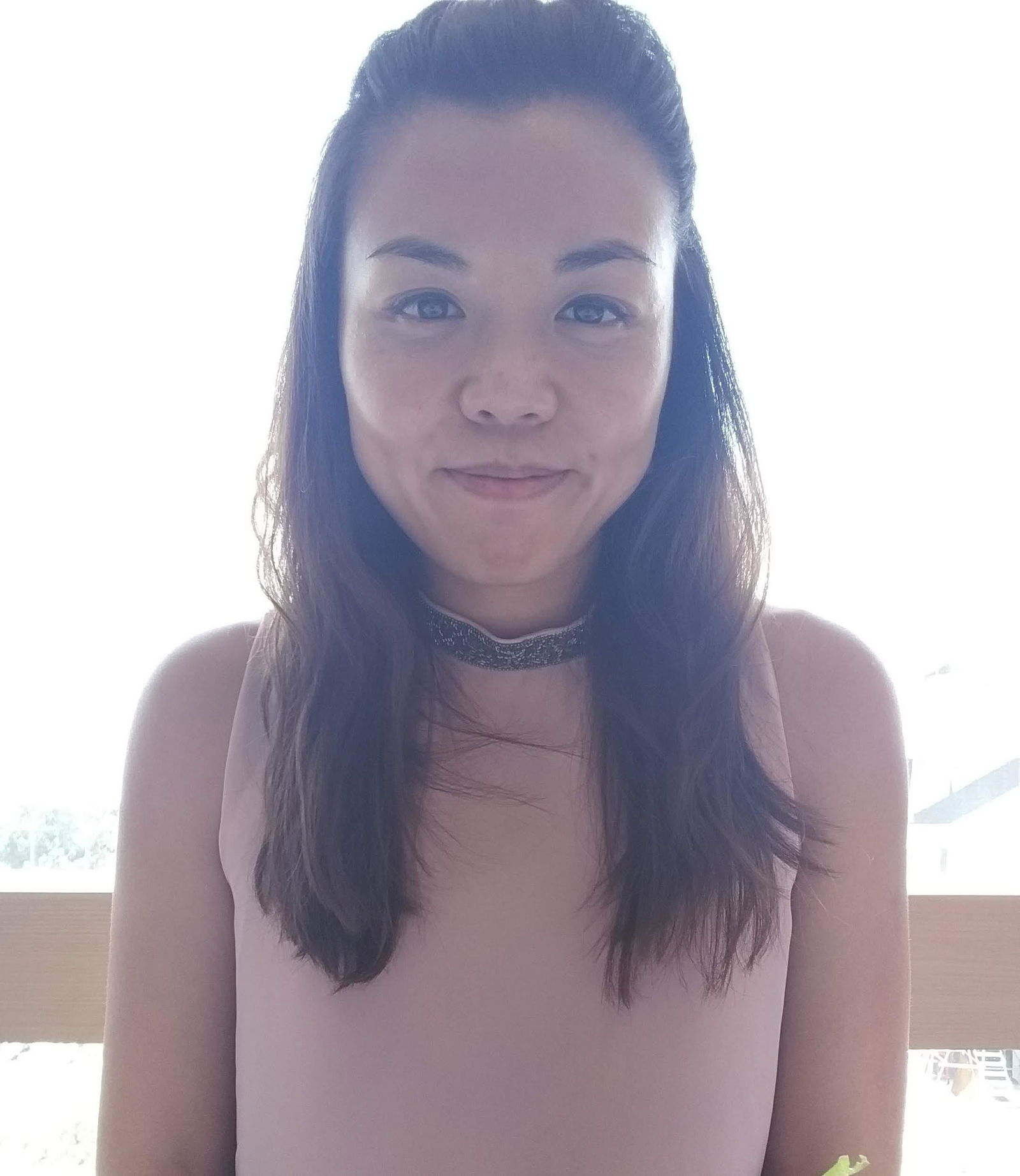
At Deliveroo, we want women to feel empowered to join us, whether they’re pursuing careers in tech, sales, operations, or any of the other myriad of roles we offer in our office.
It’s my responsibility to raise our employees’ self-awareness and make them proud of who they are. This is the first step a leader can take to improve equity. Many women across Asia have been raised in conservative cultures that advise them to be humble. By establishing Roo Academy in Hong Kong, I wish to take the lead in challenging old norms and encourage women in our office to speak up and advocate for more.
Hillary Tjioe, COO, ReCasa Living
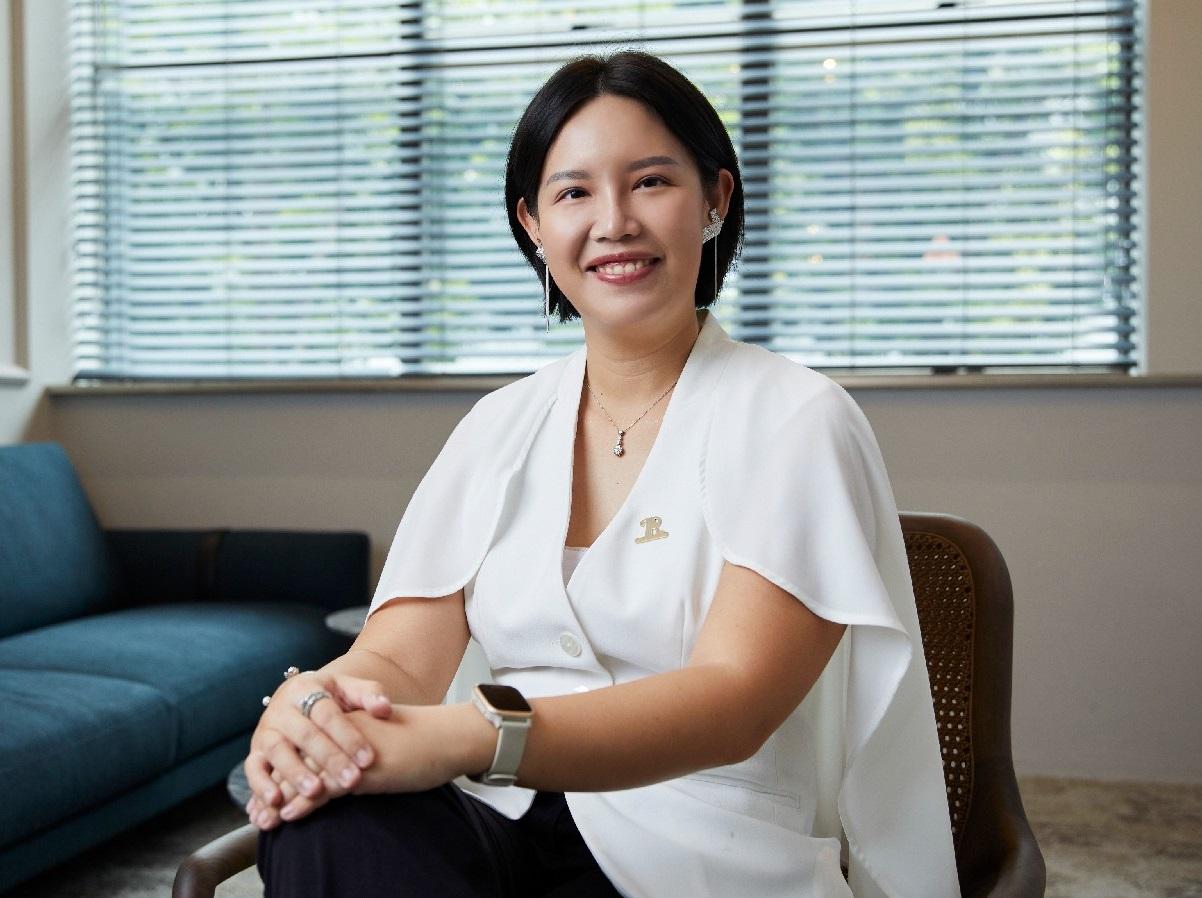
Equity in the workplace is a fundamental aspect of building a diverse and inclusive environment. It ensures that everyone has access to equal opportunities, regardless of their background. As a young woman in a male-dominated industry, I faced many challenges to earn respect and recognition. Nevertheless, the growing trend of more women joining the construction and furniture industry is an encouraging sign of change.
As a business owner, I prioritise encouraging and supporting women in my office to take on bigger roles and pursue growth opportunities. By creating a welcoming and inclusive environment, businesses can improve their outcomes and attract diverse talent.
Moreover, investing in employee education and training is an effective way to support their career advancement and maintain a competitive edge. That is why I am promoting courses for all employees to update their knowledge and skills with the latest trends and technologies in our industry.
Rachael Tay, Corporate Development Manager, Casket Fairprice

The women working with Casket Fairprice today have quadrupled in the past two years and they play important roles spanning a wide range of functions. In order to provide more opportunities for women seeking a career in the funeral industry, we have specially designed roles that cater to the natural skills and aptitudes that women possess. The ‘Ceremony Specialist’ is one such role that is not physically demanding but instead draws on skills of empathy, understanding, and care for the bereaved family.
Our hiring process is also based on candidate experience and taking a skills assessment approach to ensure a fair selection and avoid unconscious bias. In other exciting news, we are currently in the works of creating platforms to provide resources and support for women who are interested in pursuing a career with us.
Seok Ling Wong, Director, Technology, Temus
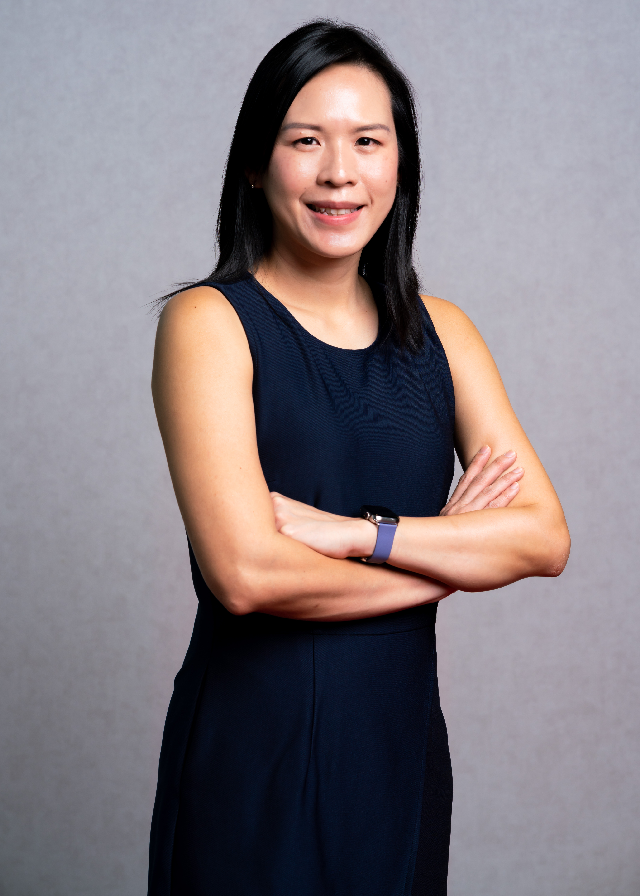
Singapore has long been a global hub that recognises the immense value that women bring to society. In the digital economy, I believe that women will continue to play transformative roles in unlocking value for more companies and communities. Temus makes this happen through the pervasive use of technology, flexible working arrangements, and leadership that is dedicated to providing equitable access to merit-based advancement opportunities.
As a young and fast-growing company, Temus invested in building an inclusive culture to encourage diversity of perspectives and strengths from our early days. Last year, Temus initiated Step IT Up, a digital talent conversion programme for Singaporeans and PRs without prior computing backgrounds. We were encouraged to see applicants from diverse professions - including a good number of women. I look forward to these homegrown talent joining Temus as coders, developers, and programmers, driving innovation and unlocking societal and economic value for our customers.
Stefanie Leong, Head of Development, Asia Pacific, The International Baccalaureate (IB)

As beacons in education, it is important for female educators to develop their self-worth and feel comfortable in making tough decisions. I strongly believe that one's ability is not pre-determined by gender, and everyone needs to establish control over our own life and fate. Female educators need to put themselves forward and make their opinions heard; to stand out amongst the crowd and value-add to the conversation with inputs.
However, it is necessary for more than one person to create action, to pave the way to improve equity for women in the educational sector. Organisations need to create more diverse opportunities and nurture an environment for women to feel comfortable voicing out opinions and effect changes.
At IB, we try to nurture a culture among colleagues to encourage each other to join diversity, equity, and inclusion (DEI) committees so they have an opportunity to contribute to change. We also motivate colleagues to influence the direction of social change to create more opportunities for women, nationally and internationally. Only through the collective effort of both organisations and individuals can we effect change.
To progress towards a gender-equal and sustainable future, it takes a joint effort from both individuals and organisations to start working together today for a better tomorrow.
Nicole Yo, Head of Flavour Creation Asia-Pacific & Principal Flavorist, ADM
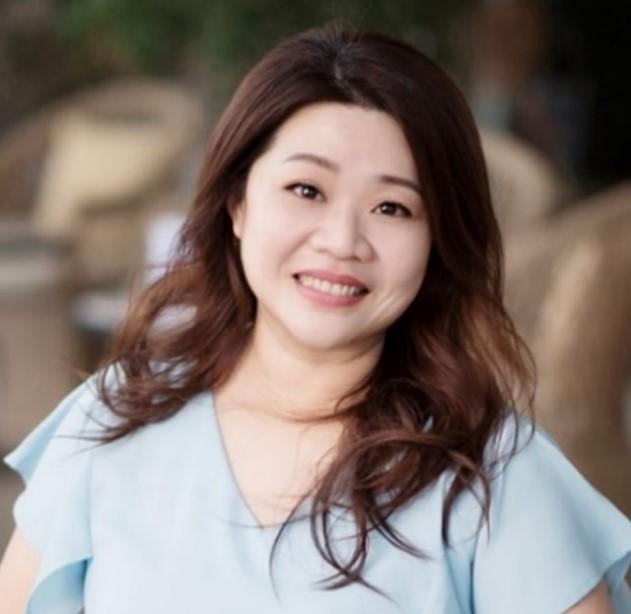
It’s important that we evaluate candidates based on their skills and capabilities regardless of their gender, race, nationality, disability, and background, as we believe that everyone brings unique perspectives and outlooks to the organisation. Pay equity is key to achieving a fair and equitable workplace, and ADM fights for fair and equal compensation to close the gender wage gap.
We recognise that a common challenge for many women is to balance the responsibilities of family and work, so we actively promote a flexible and healthy work-life balance to support them.
Senior leaders play an important role in encouraging women as well. Due to cultural differences, some women may find it difficult to find a mentor they feel comfortable with, so we offer them opportunities to be mentored by various leaders to aid in their professional development and guide them through any obstacles as they progress in their careers.
Liza Cox-Hancy, CEO, Kora Fuel Cards
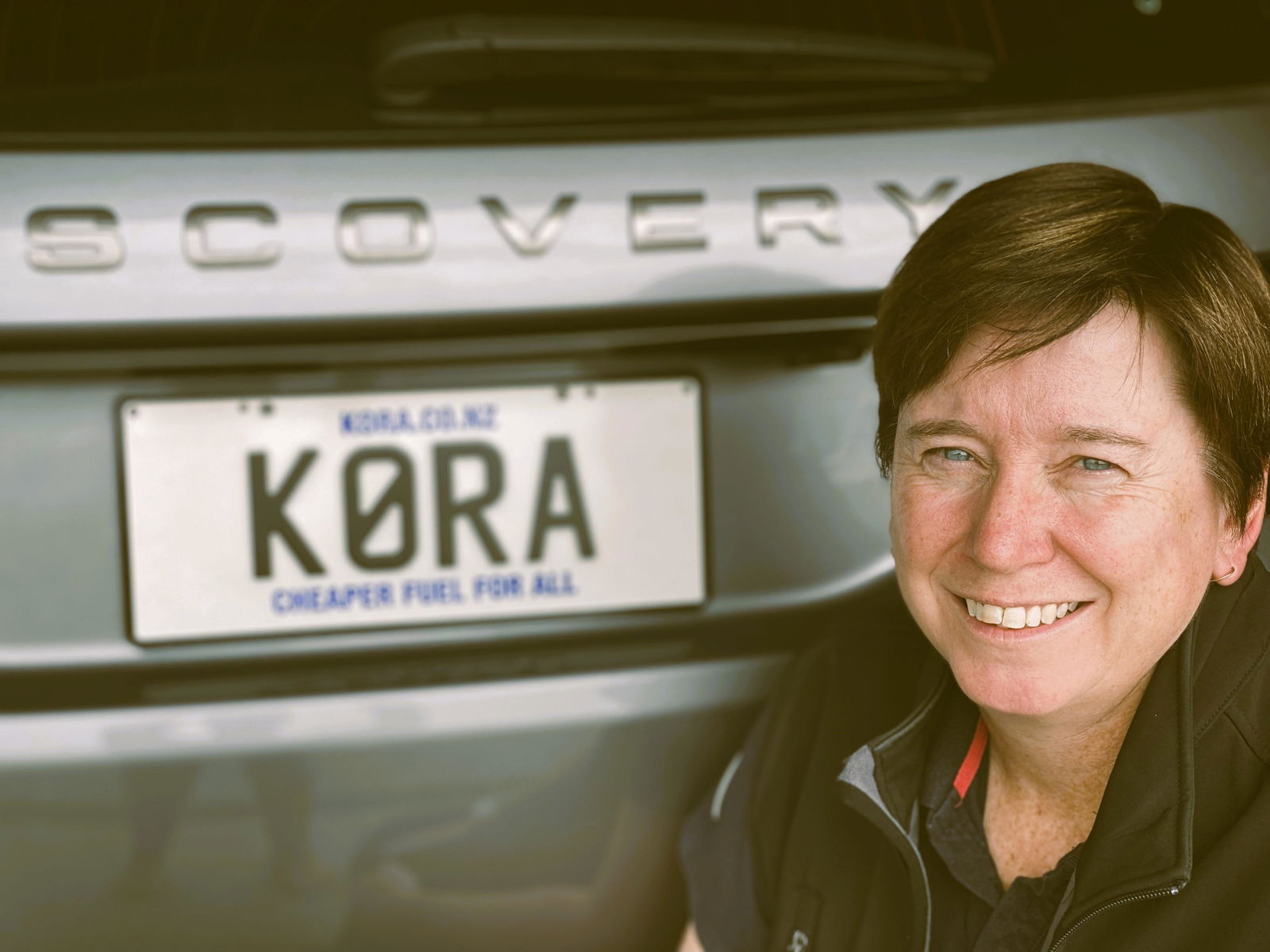
Kora is a late entrant into the fuel card industry in New Zealand – a very mature market.
So, when we consider points of difference – nothing is more stark than Kora being run by a woman – an experienced CEO with a comprehensive knowledge of the industry.
It is our desire to ensure we deliver outstanding customer service and demonstrate capability. Pivotal to this is ensuring we have a flexible workplace for our team. We actively seek part-time staff.
Naturally, we attract mums returning to the workforce meaning we benefit from the extended qualifications of these part-time women as they need the flexibility afforded to them to juggle work and family life.
We know this flexibility fosters loyalty to us but we genuinely want to have a team of high-performing people who are happy.
Ada Fung, Executive Director, Head of Advisory & Transaction Services – Office Services, CBRE Hong Kong
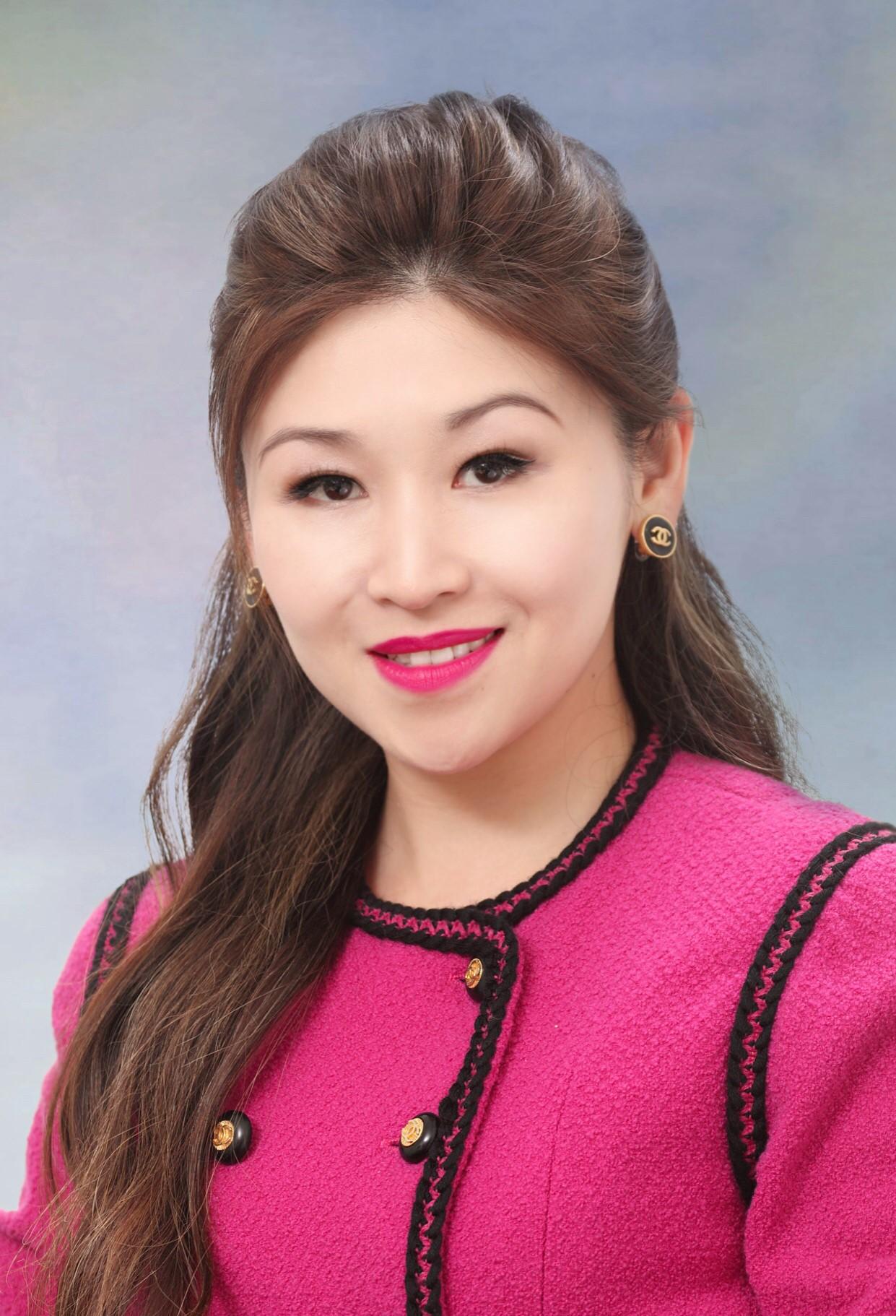
Improving women's equity in real estate is not much different from other traditionally male-dominant industries, it needs to be done in the right way, across different levels, regularly, and consistently to ensure the balance and inclusion of both genders is suitable and sustainable in the longer run.
Business leaders should always seek to strike a balance of gender and diversity amongst leadership teams to allow diverse opinions that are being heard, and ensure robust governance and processes are in place during candidate selection, such that women can be given equal opportunities even for business lines that are traditionally dominated by men. As a manager, we should encourage individual female team members to speak up, not just in meetings but also in traditionally male-dominant settings such as construction sites. As a woman, we should look to promote gender equality given the opportunity but be mindful of not overplaying the agenda.
This way, diversity and equity will simply be a norm and becomes natural to anyone in any sector of business.
Wendi Chan, Founder and Co-CEO, Pinklestar
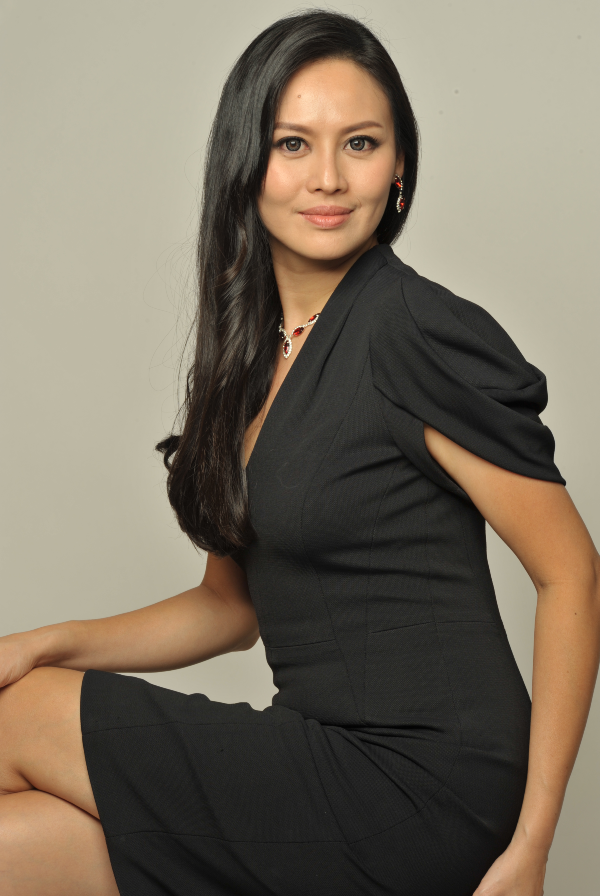
While the beauty industry is comprised of 90% women, only 15% make it to be part of top management. This shows there are still areas in which we can make a difference.
Our company and the brands we work with prioritise diversity and inclusion. We use models representing all races, ages, and sizes. We highly encourage our employees to speak out against gender-based discrimination whenever they witness or experience it. And we encourage people to embrace their natural beauty and celebrate body positivity.
Most importantly, through Pink Parlour, we mentor and empower other women in the industry through knowledge/expertise-sharing and hone their skills to give them the confidence to take on leadership roles.
Lastly, we always keep ourselves informed about current issues related to gender equality and discrimination in the beauty industry. We attend workshops and read articles to know the latest in the industry so we could have a voice.
Madina Kalyayeva, Managing Director, M&C Saatchi Group Singapore
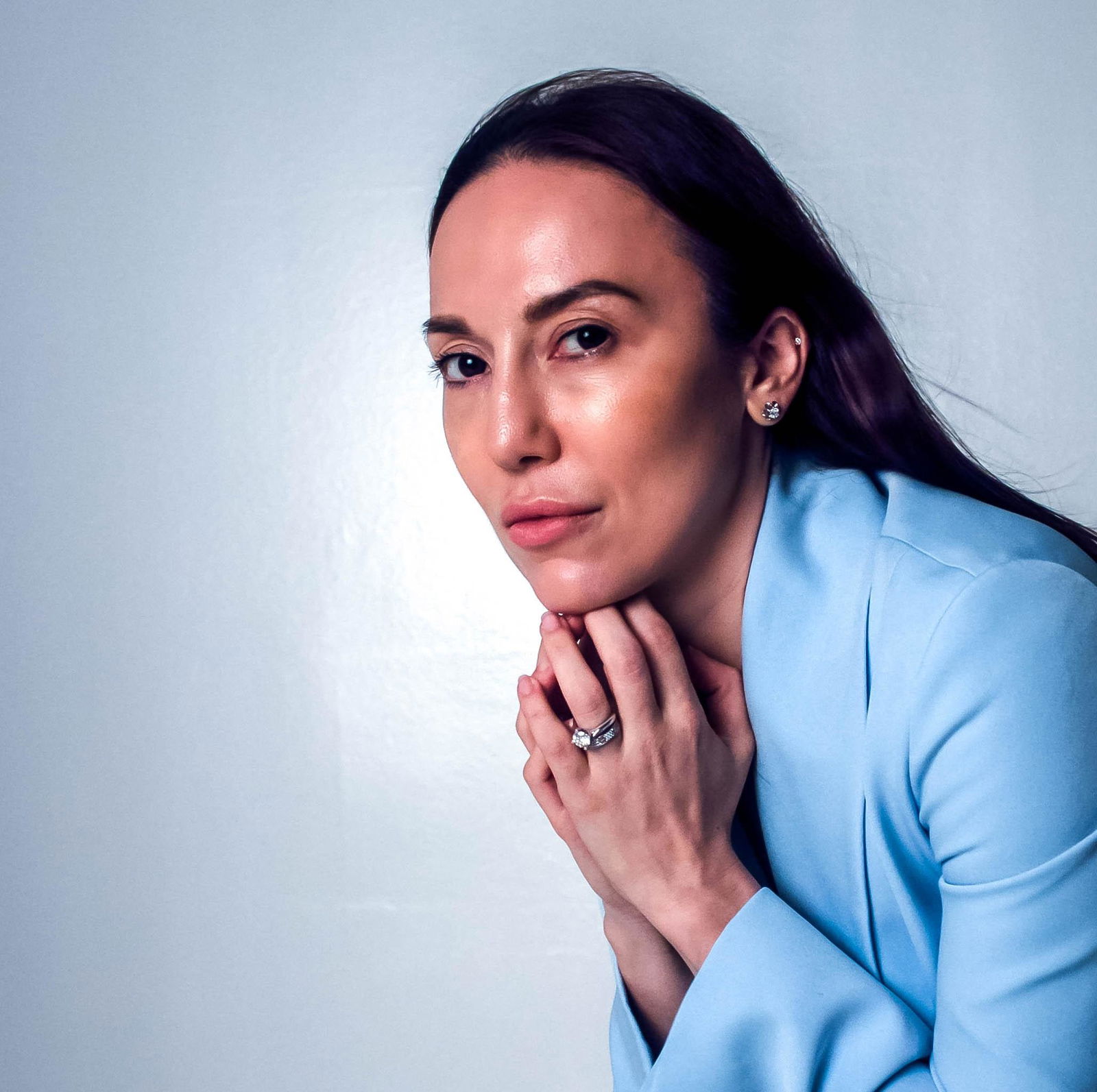
The main task for me as a working mother and as a professional, is to create an environment where women have a career, as opposed to just a job, have that challenge, yet are supported and feel comfortable.
The adverting industry is always evolving, tech directly influences the way things are done in this sector. When we think of adverting, especially if the opinions are formed from movies, it really does look like it’s a men’s world. But that was then, today there has been a dramatic shift in how people view the industry, what value employees bring, and what value they get from being part of the company/sector/industry. Women in adverting inspire other women to pursue this career, I am one of them.
I’ve switched careers, and left the United Nations to pursue a career in advertising. After spending 13 years in the industry, one of the main challenges I’ve faced, again as a working mother, a wife, and as someone who has friends outside of work, is maintaining a work-life balance. Deadlines, changes, recording, re-recording, pitches, shoots, and all the fun stuff, one just needs to learn how to make it work, because it will not stop. And if you love it, then you don’t want it to stop (that’s definitely in my case).
As working mothers, in the industry, it is challenging, but one should just prioritise, not feel guilty about the pace, establish boundaries and show your family what you are doing, make them feel proud, get the support you need at home, as opposed to trying to change the industry to constantly accommodate.
Also, it’s been said many times, but it’s a fact, having women in leadership positions in the advertising industry leads to more accurate portrayals of women in ads and the potential end of stereotypical gender roles. That’s another set of topics that could be discussed, but today I wanted to raise the issue of women being in working environments where they feel that it’s a career path and not just a job, a place where they are supported, heard, make a difference and learn how to get the support they need from home. Because if you love what you do, you don’t have to choose, you can have both: a supportive environment at home and a prospective career in the industry.
Photos / Provided
share on


